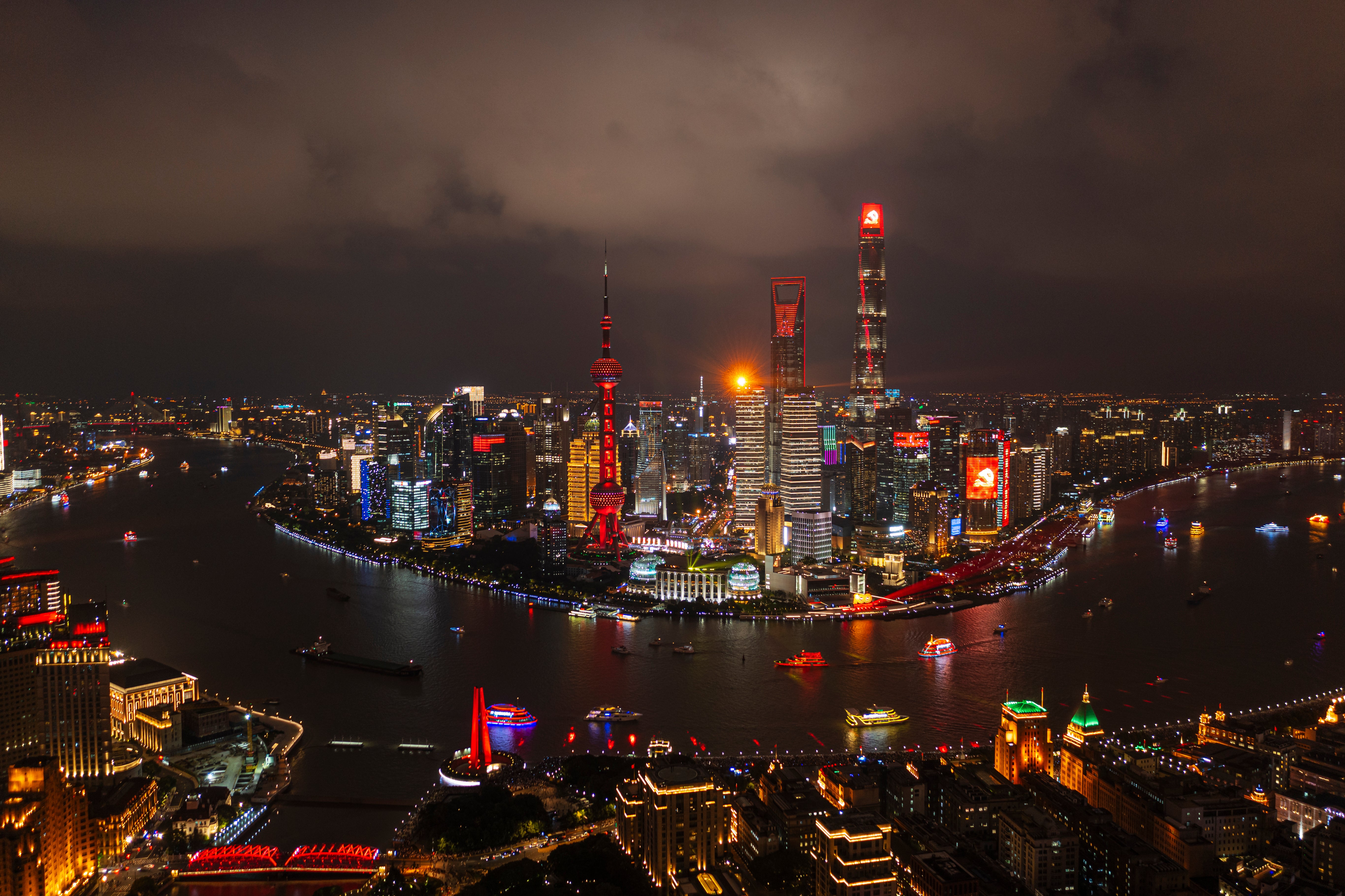Little Red Mansion: Underground sex ring reports spur fresh public anger in China
Chinese netizens criticise authorities after media outlets spotlight ordeal of sex trafficking victims

Your support helps us to tell the story
From reproductive rights to climate change to Big Tech, The Independent is on the ground when the story is developing. Whether it's investigating the financials of Elon Musk's pro-Trump PAC or producing our latest documentary, 'The A Word', which shines a light on the American women fighting for reproductive rights, we know how important it is to parse out the facts from the messaging.
At such a critical moment in US history, we need reporters on the ground. Your donation allows us to keep sending journalists to speak to both sides of the story.
The Independent is trusted by Americans across the entire political spectrum. And unlike many other quality news outlets, we choose not to lock Americans out of our reporting and analysis with paywalls. We believe quality journalism should be available to everyone, paid for by those who can afford it.
Your support makes all the difference.China’s social media platform Weibo has been flooded with posts and articles about an organised crime group that sex-trafficked women in Shanghai.
The furore centres around a six-storey building known as “the Little Red Mansion”, a private guest house owned and run by Zhao Fuqiang, who held women as modern-day slaves and forced them to have sex with clients reportedly including local government officials and business people.
The case first made headlines in China in September 2020, when Zhao and 37 other defendants, including employees of the mansion as well as local officials, were charged with leading and participating in organised crime, rape, prostitution, bribery, and several other crimes, according to the Central News Agency (CNA) in Taiwan.
Zhao was given a death sentence – with a two-year reprieve – while the other defendants received a wide range of jail terms, the CNA reported.
The issue grabbed the public’s attention again this month when several Chinese media outlets published detailed reports about what took place inside the building.
One publication detailed the experience of a woman, Chen, who started working for Zhao after she saw an advert for a restaurant job. But she was instead forced to have sex and said she could not escape due to heavy security at the mansion.
Chen finally managed to alert the police but they doubted her story, handling it as a domestic dispute and putting her under house arrest in the mansion, according to an article by Chinese outlet NetEase Media. She said Zhao harvested her eggs against her will and sold them for profit, and that the procedure ultimately left her infertile.
Other articles outlined how Zhao used violence, rape and the threat of blackmail with nude photographs to trap the women under his control and stop them from leaving.
More than a year after the sentences were announced, articles such as these attracted more than 600 million views on Weibo within days, yet they were quickly censored and removed from the social media platform, as well as some comments from users
“The state-run media’s attitude makes me so disappointed,” wrote one netizen. “They only focus on reporting about the mansion’s luxurious decoration and the erotic scandals while only sparing a few lines to describe the collusion between government and business as well as the perpetrators’ evil deeds.”
People on Weibo also criticised the lack of involvement from Chinese authorities.
“Why didn’t the local police find out about the illegal detention and prostitution activities for so many years when it is basically out in the open and at such a large scale?” one user asked.



Join our commenting forum
Join thought-provoking conversations, follow other Independent readers and see their replies
Comments